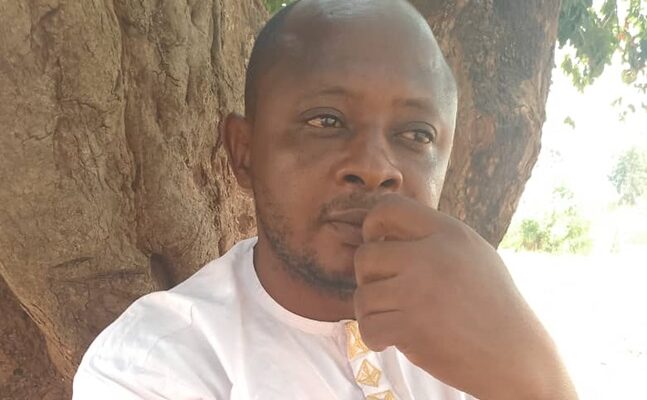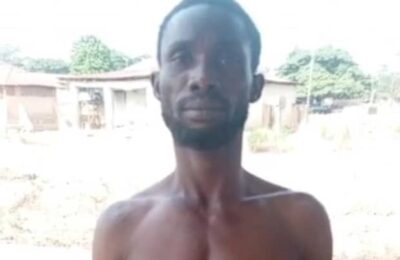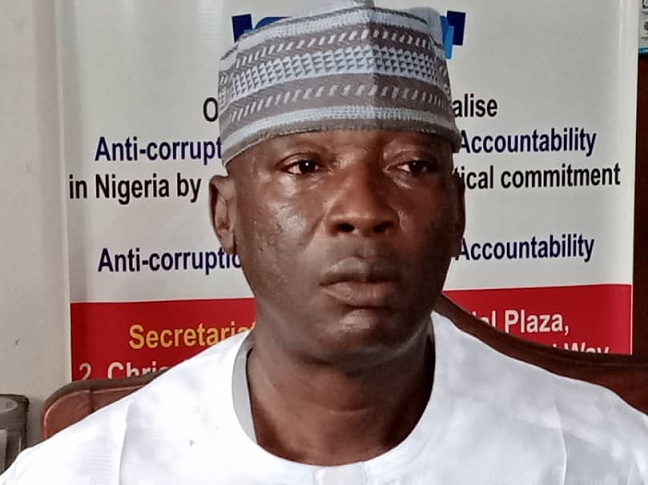Something festers beneath the soil of Nigeria—something ancient, spectral, and unrelenting. It groans in our news headlines, murmurs behind pulpits, and hisses through political corridors. This is not a nation governed merely by constitutions and ballot boxes. No. Nigeria is ruled by whispers, shadows, and the invisible machinery of fear. Welcome to the Whispering Republic—where the truth is often a corpse dressed in official garments, and conspiracy is not just belief; it is blood memory.
In this land, reality has no singular shape. It bends. It splits. It doubles back on itself like a snake devouring its tail. A nation so battered by betrayals cannot afford to trust plainly. Every gesture hides a dagger. Every smile cloaks a scheme. And so, Nigerians have learned to see what is not said—to interpret silence, to read the wind, to believe less in logic and more in layered illusions.
Prof. Pius Adesanmi once warned, “Every rumour in Nigeria has a trace of truth.” That trace is all we need. Our trauma does the rest. From the assassination of political heroes to the disappearance of public funds, from ghost soldiers to ghost voters, we are a people cursed by the certainty that something else—something darker—is always pulling the strings.
Ask about Boko Haram and you’ll hear two tales: one of failed governance, and one of orchestrated terror by elites feeding fat on chaos. Who created the monster? Who funds its appetite? These questions swirl not in think tanks, but in beer parlours, roadside mosques, and late-night sermons. It is easier to believe in cabals than coincidences. After all, didn’t Goodluck Jonathan once admit that Boko Haram had infiltrated every tier of government? That confession was not a revelation; it was confirmation.
We don’t simply protest here—we decode our own protests. #EndSARS, the most defiant youth uprising in recent memory, was smeared with tales of demonic pacts, CIA fingerprints, and masonic symbols. You see, in Nigeria, truth must wear camouflage. Our minds have been trained to assume a script behind every scene. Because in our storybook, the villain never dies—they just switch agbadas.
The Igala say, “A masquerade that dances alone in the forest is entertaining spirits, not men.” Our democracy now dances in a similar forest. Elections feel like theater. Policies read like riddles. Nothing is plain anymore. Every budget hides a bribe. Every project is a ritual. The man at the top is either a messiah or a myth—never merely mortal.
Bishop David Oyedepo once thundered, “When the wicked rule, the people mourn.” In Nigeria, the people no longer mourn out loud—they mourn in whispers, afraid their grief may be marked as sedition. We are hunted not just by bad leaders but by the gnawing suspicion that no leader is ever truly good. This is the genius of the conspiracy mind: it thrives where clarity has died.
And clarity, in Nigeria, is buried beneath decades of rot.
Pastor Chris Oyakhilome aptly warned, “You can’t build a nation with deception.” But that is exactly what we’ve done—layer upon layer of lies, until the entire structure now leans on suspicion. We are a haunted house of horrors, with citizens groping through darkness, bumping into fabricated enemies, praying to escape a maze built by the very men they voted for.
When justice is selective, suspicion becomes scripture. When truth is punished, rumors become refuge. Conspiracy is not madness—it is self-defense. And so, the people whisper. They whisper about poisoned rice, cursed roads, and pastors with political agendas. They whisper because to speak out loud is to risk being heard. And to be heard is to be hunted.
Nigeria is not cursed by the gods. We are cursed by our refusal to heal. Schools still teach math, but the streets teach fear. Churches sing redemption, but their congregations dread betrayal. Mosques preach peace, but their courtyards know bullets.
Dr. Paul Enenche once declared, “Nigeria shall not go down!” But the question is: how deep must we sink before we rise? How long will we live in dread of invisible forces, while ignoring the visible decay we ourselves tolerate?
The veil must lift. But to do that, we must first admit we are wearing one. We must demand a nation where truth is sacred, not strangled. Where leaders are questioned without fear. Where every scream is not labeled a script, and every wound is not weaponized.
Until then, we remain a republic of whispers—each of us both victim and author of the lie we most fear to name.
And maybe, just maybe, the greatest conspiracy of all is our refusal to believe we deserve better.
– Inah Boniface Ocholi writes from Ayah – Igalamela/Odolu LGA, Kogi state.
08152094428 (SMS Only)




